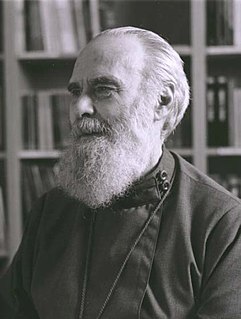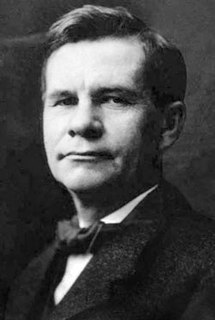A Quote by Edna St. Vincent Millay
Euclid alone has looked on Beauty bare. Let all who prate of Beauty hold their peace, And lay them prone upon the earth and cease To ponder on themselves, the while they stare At nothing, intricately drawn nowhere.
Related Quotes
Euclid alone has looked on Beauty bare. Let all who prate of Beauty hold their peace, And lay them prone upon the earth and cease To ponder on themselves, the while they stare At nothing, intricately drawn nowhere In shapes of shifting lineage; let geese Gabble and hiss, but heroes seek release From dusty bondage into luminous air. O blinding hour, O holy, terrible day, When first the shaft into his vision shone Of light anatomized! Euclid alone Has looked on Beauty bare. Fortunate they Who, though once only and then but far away, Have heard her massive sandal set on stone.
Unless we look at a person and see the beauty there is in this person, we can contribute nothing to him. One does not help a person by discerning what is wrong, what is ugly, what is distorted. Christ looked at everyone he met, at the prostitute, at the thief, and saw the beauty hidden there. Perhaps it was distorted, perhaps damaged, but it was beauty none the less, and what he did was to call out this beauty.
There are elements of intrinsic beauty in the simplification of a house built on the log cabin idea. First, there is the bare beauty of the logs themselves with their long lines and firm curves. Then there is the open charm felt of the structural features which are not hidden under plaster and ornament, but are clearly revealed, a charm felt in Japanese architecture....The quiet rhythmic monotone of the wall of logs fills one with the rustic peace of a secluded nook in the woods.
In the most general terms, the Enlightenment goes back to Plato's belief that truth and beauty and goodness are connected; that truth and beauty, disseminated widely, will sooner or later lead to goodness. (While we're making at effort at truth and goodness, beauty reminds us what we're hold out for.)
Beauty addresses itself chiefly to sight, but there is a beauty for the hearing too, as in certain combinations so words and in all kinds of music; for melodies and cadences are beautiful; and minds that lift themselves above the realm of sense to a higher order are aware of beauty in the conduct of life, in actions, in character, in the pursuits of the intellect; and there is the beauty of the virtues.
































